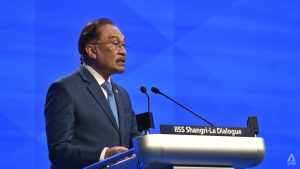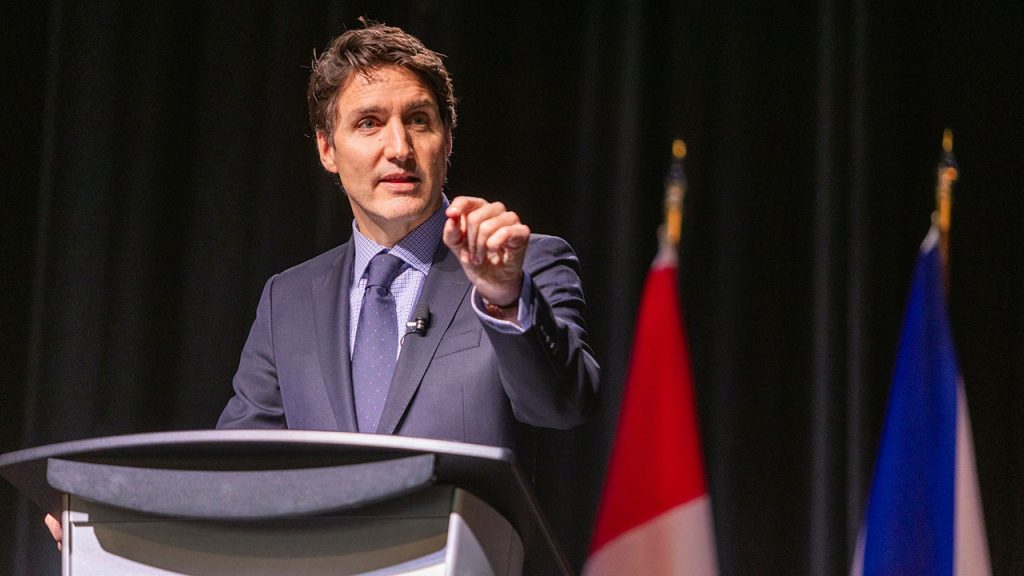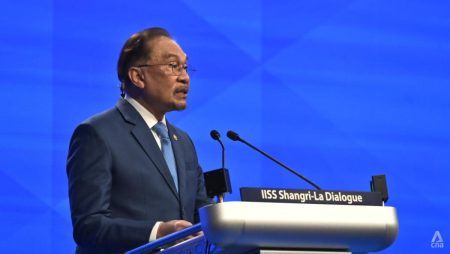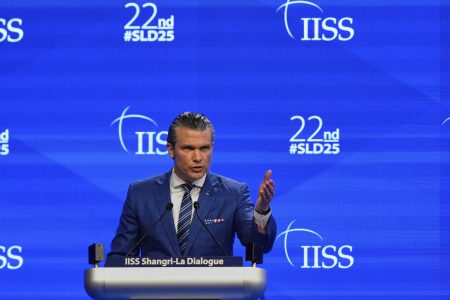Canadian Prime Minister Justin Trudeau, in a recent address at a gala for Equal Voice, an organization dedicated to enhancing female political representation, expressed his unwavering commitment to feminism amidst a perceived global backsliding on women’s rights. He cited the 2024 US presidential election, where Vice President Kamala Harris lost to former President Donald Trump, as a prime example of this concerning trend. Trudeau underscored the sentiment that societal progress towards gender equality is not linear and faces consistent challenges, both overt and subtle. His declaration as a “proud feminist” reaffirmed his government’s dedication to championing women’s rights and progress. This commitment comes at a time of escalating tensions between the US and Canada over immigration and drug trafficking.
The backdrop of Trudeau’s feminist pronouncements is a complex and evolving US-Canada relationship, recently strained by trade and border security issues. Just days after Trump threatened to impose substantial tariffs on Canadian goods, Trudeau made an unscheduled visit to Mar-a-Lago for a meeting with the then-President-elect. While both leaders publicly described the meeting as productive, behind-the-scenes details paint a different picture. Sources revealed a tense exchange where Trudeau argued that the proposed tariffs would cripple the Canadian economy, prompting Trump to retort with accusations of economic exploitation and even suggesting, albeit jokingly, that Canada become the 51st US state. This incident underscores the delicate balance between diplomacy and underlying tensions in the bilateral relationship.
Trudeau’s emphasis on feminism and women’s rights within the context of these escalating international tensions highlights the multifaceted nature of his political agenda. While navigating complex economic and security concerns with the US, he simultaneously champions social justice issues on the domestic and international stage. This dual focus underscores the increasing interconnectedness of global politics, where seemingly disparate issues like trade, security, and gender equality can become intertwined. The juxtaposition of Trudeau’s feminist pronouncements with the backdrop of tense negotiations with the US illustrates the intricate web of political priorities he must navigate.
The reported exchange between Trudeau and Trump regarding tariffs and Canada’s economic dependence on the US unveils a deeper tension regarding trade imbalances and perceived unfair practices. Trump’s suggestion of Canada becoming a US state, though likely intended as a provocative jest, reveals an underlying sentiment of US dominance and a potential disregard for Canadian sovereignty. This incident further complicates the already strained relationship, adding a layer of symbolic tension to the concrete issues of trade and border security. It also highlights the differing political styles and priorities of the two leaders, with Trudeau emphasizing multilateralism and social justice while Trump prioritizes economic nationalism and assertive foreign policy.
The timing of Trudeau’s feminist remarks, occurring shortly after the contentious meeting with Trump, raises questions about the strategic intent behind his pronouncements. It is possible that Trudeau sought to contrast his progressive values with Trump’s more conservative stance, thereby appealing to a domestic and international audience concerned about social justice issues. Alternatively, his comments may have been a genuine expression of his commitment to feminism, independent of the US-Canada tensions. Regardless of the intent, the confluence of these events underscores the complex interplay between domestic politics, international relations, and social justice advocacy.
In conclusion, Trudeau’s declaration as a “proud feminist” serves as a reminder that the pursuit of gender equality is an ongoing struggle, often facing setbacks and resistance. His comments, delivered against the backdrop of strained relations with the US, highlight the complex and multifaceted nature of his political agenda. The reported exchange with Trump regarding tariffs and the suggestion of Canada becoming a US state underscores the underlying tensions in the bilateral relationship, revealing a clash of political styles and priorities. Ultimately, Trudeau’s pronouncements on feminism within this context demonstrate the intricate connections between domestic policy, international relations, and the ongoing fight for social justice.










